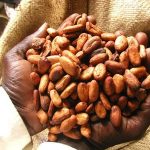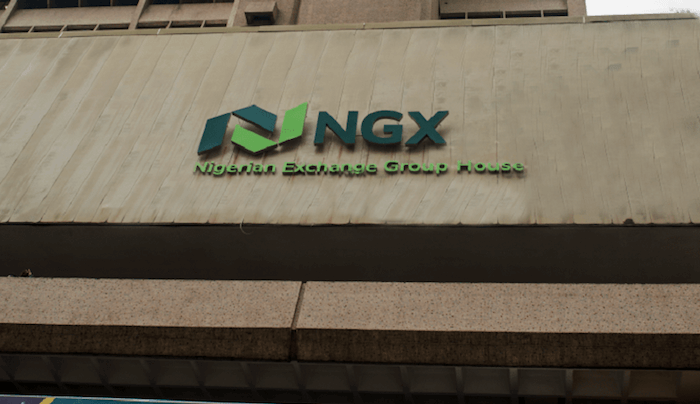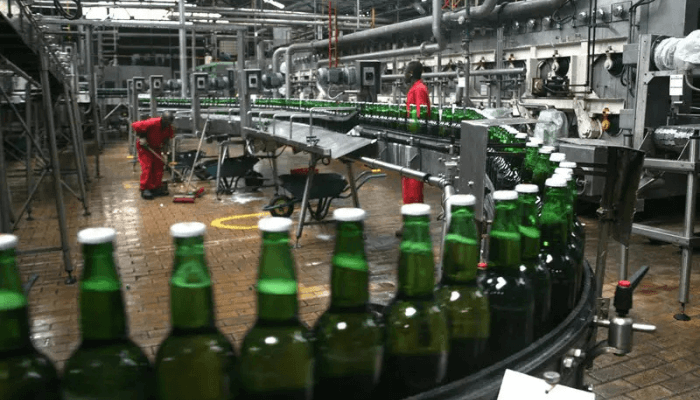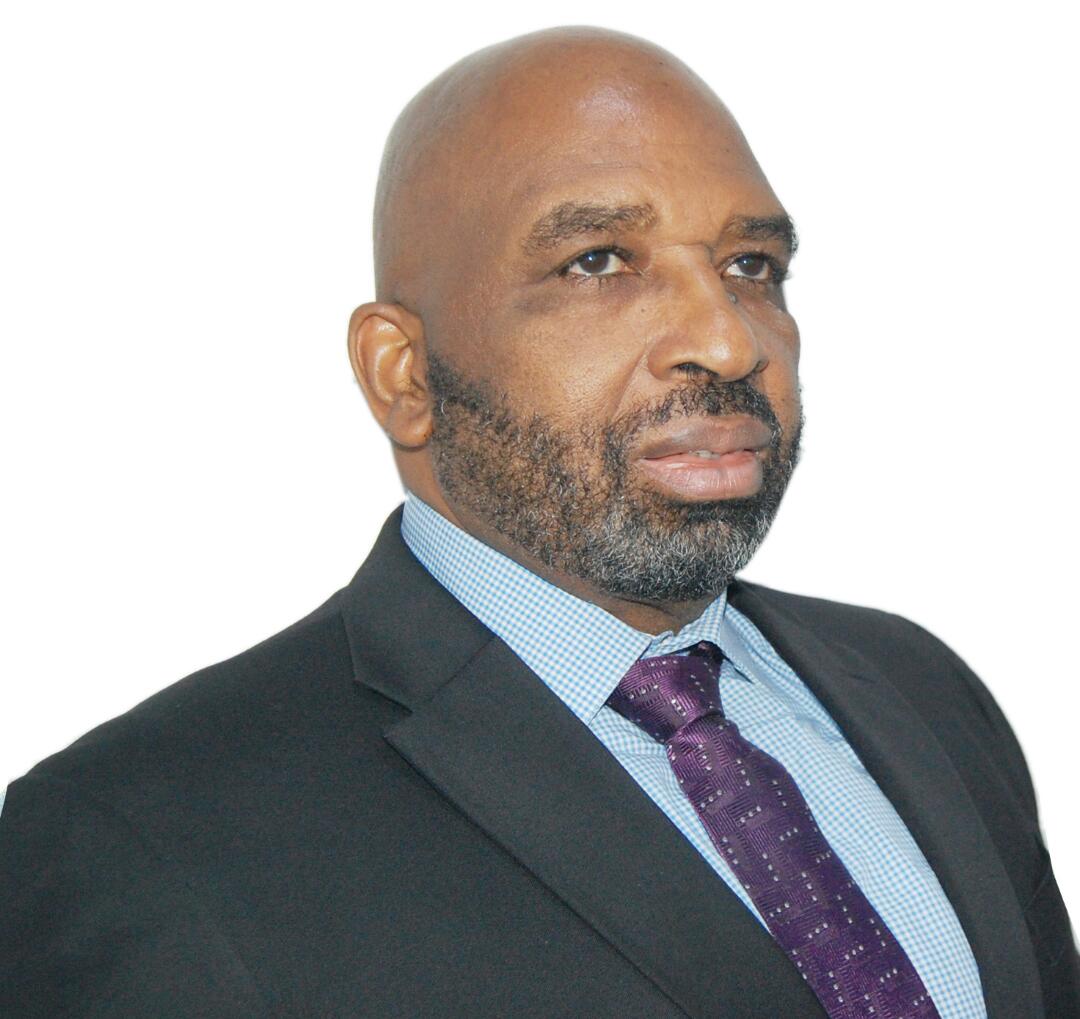FTN Coco plc, a Nigerian producer of commodities from chocolate ingredients, succumbed to cost pressures as it posted a loss of N286.07 million to end the 2013 financial year.
The cost-of-sales margin jumped as high as 119.35 percent, culminating in a gross loss of N95.18 million. Operating expense margin was 41 percent in the review period, while operating expenses increased by 16.80 percent to N201.48 million.
The company can use alternate and cheap source of energy such as gas instead of oil fuel from the national grid, as this will enable it maximise profits.
One of the major challenges confronting companies in the cocoa industry is the issue of finance.
The government should formulate policies that will enable banks give loans to agric firms in order for them to expand operations across a wider spectrum.
The company took a proactive approach by looking outside the shores of the country for funding as it has established relationship with Afrexim Bank of Cairo, Egypt.
The top-line level, however, increased as revenue surged by 76.83 percent to N491.89 million in 2013, from N278.17 million in 2012.
Finance costs were up by 113.6 percent to N163.19 million in 2013, as against N76.40 million in 2012.
The company is highly geared as it uses borrowers’ money to finance the large chunk of its operations as debt to equity ratio increased to 124 percent in 2013, from 102 percent in 2012.
In other to bolster its processing capacity, FTN has started a programme called Africa Cocoa Initiative aimed at connecting up processors and off-takers in Europe and America.
Current ratio, which measures the ability of a firm to meet its short-term obligation, reduced to 2.18x in 2013, from 3.38x in 2012 – the 2.18x is within the industry average of 2.1x.
Cocoa is a product that is traded in the commodity market and can be a major source of foreign exchange earning to the Federal Government, but this could be farfetched if companies like FTN are struggling.
Nigeria is the fourth largest producer of the chocolate ingredient, after Ivory Coast, Ghana and Indonesia.
Total assets were up by 3.88 percent to N4.55 billion in 2013, as against N4.38 billion in 2012.
The company’s share price closed at N0.50 on the floor of the Nigerian Stock Exchange, while market capitalisation was N1.1 billion.
BALA AUGIE









